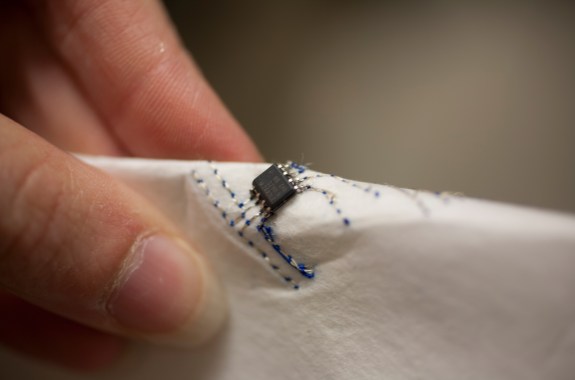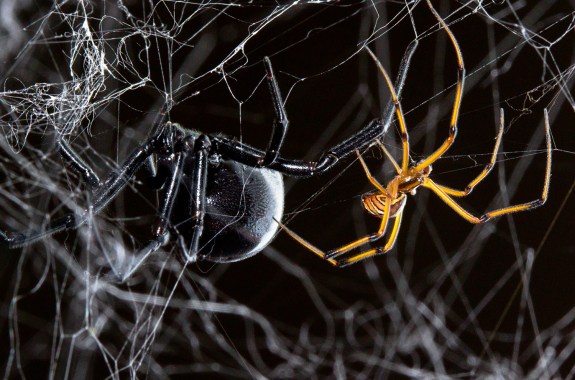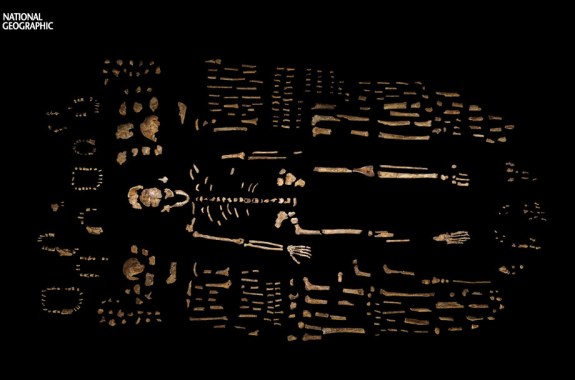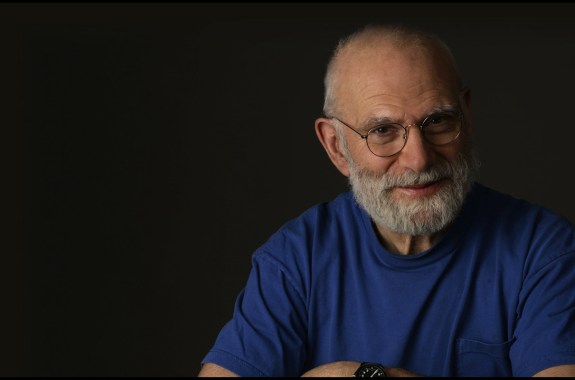Christopher Intagliata was Science Friday’s senior producer, which means he was chief cheerleader for all the radio and podcast projects. He helped to select and shape stories, or put them to a gentle death if necessary. He was also the coordinating producer for Science Friday’s live stage events around the nation, and has skated Olympic ice and served as a prop in an optical illusion for SciFri.
Christopher started at Science Friday as an intern in summer 2008, until the day Ira Flatow called him at home, triggering enormous anxiety about the latest script he’d written, to ask if he wanted to be a producer. His favorite stories usually involve microbes or food or both, but anything can pique his interest—other than ocean chemistry. Sorry.
He also reports regularly for Scientific American‘s “60-Second Science” podcast, and was a 2015 Woods Hole Ocean Science Journalism fellow. Prior to becoming a science journalist, he taught English to soldiers and bankers in Verona, Italy, and traversed the Sierra Nevada mountains as a field biologist, on the lookout for mountain yellow-legged frogs. He speaks fluent Italian, awkward Japanese, and passable Ira Flatowese.
He is now an editor for All Things Considered.
21:19
Wearable Superpowers for Earth and Beyond
Technologists Lucy Dunne and Brad Holschuh talk about ultrasonic gloves that “see” through smoke, a real-life Back to the Future jacket, and more wearable innovations.
14:01
The Cellular Superpowers That Heal Skin and Regrow Limbs
“Brains On,” a science podcast for kids and curious adults, tackles the question: How do axolotls regrow limbs?
21:59
Spider Stories That’ll Stick With You
Cannibalism. Bondage. An offering of flesh. Spiders have weird (and wonderful) ways of enticing and entertaining their mates.
23:13
Do Or DIY This Halloween
Green fire, magic mirrors, fiber optic fairy wings—just a few of the ways to geek out this Halloween with do-it-yourself projects.
24:47
2015 Nobel Prizes: Mysteries of the Cosmos and Our DNA
This year’s crop of Nobel Prizes were unveiled this week, and the awards go to parasite-zapping drugs, a DNA repair kit, and the mystery of missing neutrinos.
11:39
Virus Fishing, Mantis Shrimp Boxing, and Carbon Cutting Bryozoans
Mantis shrimps pack a punch, and bryozoans might be an effective carbon sink in Antarctic waters.
12:14
Why ‘Generic’ Doesn’t Mean ‘Cheap’
Two experts on the drug industry talk about price spikes, FDA backlogs, and why some generic meds can cost nearly as much as brand-name pills.
29:53
Meet Homo Naledi, Another Long-Lost Relative
Deep in a South African cave, in the so-called “dark zone” where no light penetrates, paleoanthropologists have made an extraordinary find: more than 1,500 bones, from at least 15 hominin individuals.
28:56
A Tribute to Oliver Sacks
Neurologist, writer, motorcycle racer, weightlifter, swimmer, and enthusiast of ferns, cycads, cephalopods and minerals—Oliver Sacks was a modern day Renaissance man.
16:54
The Forgotten History Of Autism
In his new book, “NeuroTribes,” science writer Steve Silberman documents how politics and self-promoting scientists have altered our understanding of the condition over the years.




